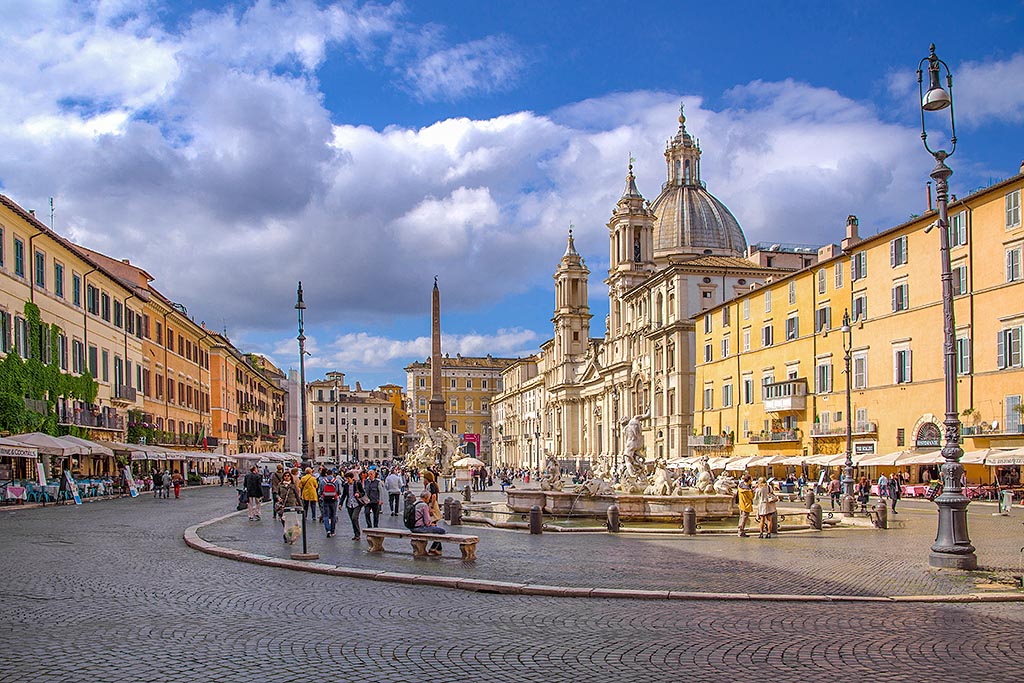The Raggi Junta disaster
The startling incompetence of the current Raggi junta (referring to Rome’s current mayor Virginia Raggi of the Five Star Movement, editor’s note) is evident: its various departments, which are headed by veteran communists or liberal sectarians who subordinate them advocating the sovereign rights of the Romans under a pseudo-ecological and globalist ideology have failed miserably in realizing their goals, creating the social, economic and identity-related insecurity that has made Rome one of the most neglected capitals in the world.
What a political leader has to do
The goal of a political leader of a city can only be to achieve the development and the well-being of the entire community in its civil, religious, linguistic, ethical, economic, identity-forming and cultural characteristics. Moreover, Rome has a life, will, and goals that are superior in strength and duration to those of individuals or to the various realities that are part of it at any given time. Anyone who wants to be at the head of the administration of Rome cannot avoid recognizing the central importance of the legitimate living and security needs of their citizens, which result from a continuous moral and cultural uplift and a fair distribution of wealth in proportion to the performance of all members of the community. Whoever rules Rome must therefore first and foremost protect the rights of its citizens while being aware of the city’s 28 centuries-old history.
Every community realizes itself in its city by contributing to the realization of certain goals through the appropriate use of the instruments available to it, in particular to the preservation of freedom and dignity. These needs are not an undifferentiated one-off, but can be represented according to a scale of importance that identifies the vital interests, i.e. the preservation of the essential elements of Rome, such as the preservation of its identity and tradition, its cultural and civil integrity, the inviolability of its privileges. Added to this is security, which is to be understood in the broadest sense of the right to a life in peace and lawfulness and not just refer to public order,
This is followed by strategic interests, that is, the resources and values of primary importance, the lack of protection of which, although not endangering the very existence of Rome, could adversely affect its social, economic and cultural development. The implementation of important events such as the Olympic Games or the expansion of the metro are examples of Rome’s strategic interests, as well as a realistic infrastructure policy, both in the center and in the periphery.
Finally, there are contingent interests, which are the set of benefits and values associated with a particular situation. The elimination of any incitement or aiding and abetting illegal immigration is one of these measures.
When it’s center-right turn …
Within this framework, in the context of political dynamics – typical of the physiological compromise between the aspirations of the city and the available resources – Rome’s interests take shape, that is, the totality of values and material, economic, social and cultural benefits that are conducive to the well-being and strive for the advancement of the Roman people.
If the center-right took the helm, it would have to be responsible for identifying the risks to which those interests are exposed, that is, taking appropriate precautionary measures to neutralize them. Finally, the specific measures that must be taken to achieve precise safety goals. These goals should be the result of center-right policies, that is, of the resolutions adopted by the Council and its various departments, to implement a strategy that will secure the future of Rome and the well-being of our children.
 Nicola De Felice
Nicola De Felice
Senior Fellow of the Centro Studi Machiavelli. As Rear Admiral (retired), former commander of destroyers and frigates, he held important diplomatic, financial, technical and strategic functions in the defense staff and in the navy, both domestically and abroad, on sea and on land, whereby he was for used techniques that benefit Italian defense and security policy.
Source: Facebook

